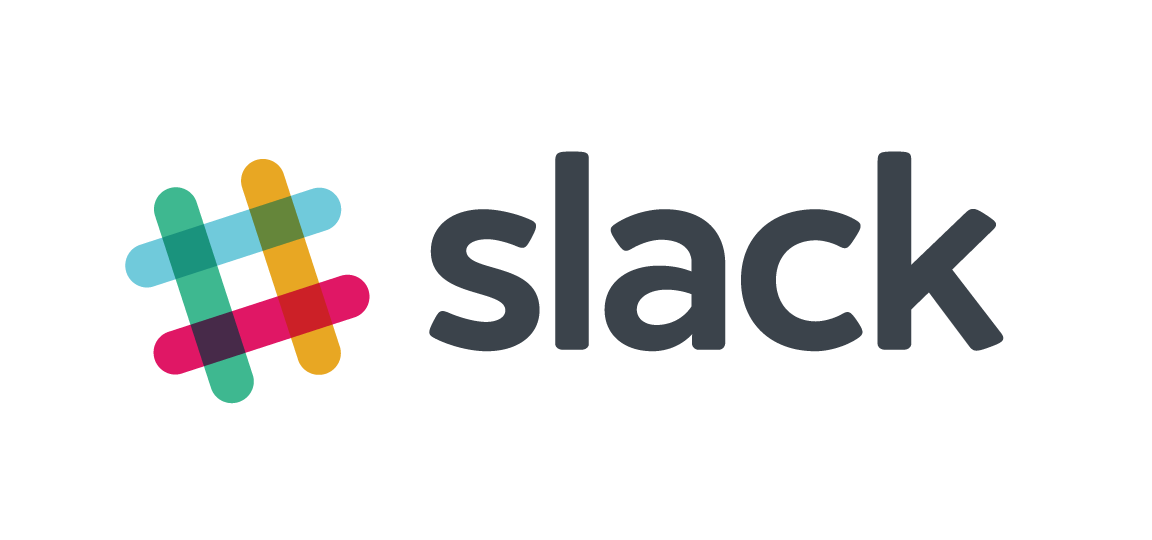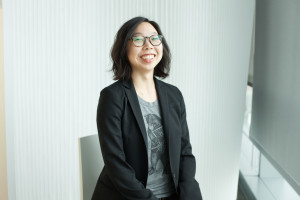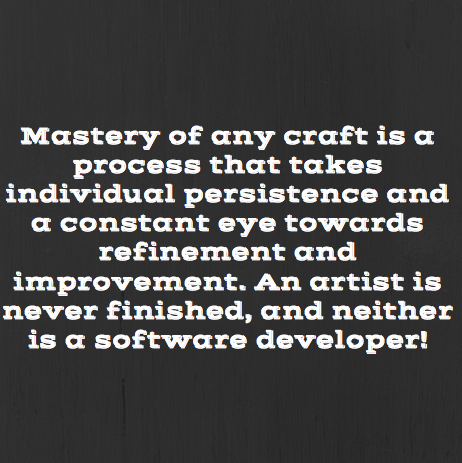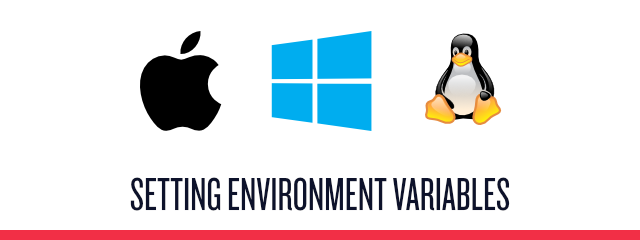Meet The Engineers Behind Slack: Brenda Jin Talks About Maintaining A Beloved API
Time to read:


Don’t worry, I’m not going to traffic in platitudes or make a chart of what music and engineering have in common. There are plenty of music-minded engineers.
Brenda’s story and her success are her own. But there’s something anyone can recognize and aspire to in her story: Internal and external transparency, commitment to improvement, and sheer force of will. That’s what makes a great engineer and that’s what Brenda made herself into.
In her words, “Before, I struggled to picture myself in the places I wanted to be; now I push myself to envision. I am no longer satisfied with playing a part in someone else’s story, as I would on stage.”
This is my conversation with Brenda about how her background informs her work at Slack, a sponsor of this year’s SIGNAL conference.
Becoming A Developer That Builds Developer Experience
How does Slack’s backend architecture support, or influence Slacks beloved user friendly design?
When I joined Slack, I found that the code base was extremely organized, and our internal standards make everything searchable and understandable. It’s one of the things that makes working here delightful.
One thing I have personally focused on during my time at Slack is consistency and reliability. For consistency, I’ve focused on making sure that the API docs continue to reflect the actual state of our API while we make incremental improvements. Simple, but hugely important for developer transparency and trust. For reliability, I’ve been making sure we have a testing structure in our development lifecycle that supports continually iterating and improving the platform while not disrupting the work of developers who are building on top of it. This is currently done through a combination of unit and integration tests.

Developers will decide between building an app that requires OAuth and configuring a custom integration. There are different API methods available based on which option you select.
Ideally, a developer on the Slack Platform should have a seamless workflow – whether that’s searching through the docs for the error spec they’re looking for, managing their app through the App Directory review process, or updating their OAuth scopes. It is incredibly important to deliver a good experience throughout the app development lifecycle with minimum disruption to a team’s particular workflow.
What’s you favorite Slack API integration?
I’m a workflow optimization nerd, so I love Trello, Github, and Google Calendar. Trello helps me keep track of the status of our board and reminds me to update my cards. Github helps me keep an eye on relevant changes to our repositories. Google Calendar reminds the whole team when we have a meeting.
There are a lot of new apps growing up on Slack that are super cool, too. If you’re looking for one to try out check out the /todo slash command.
How’d you transition from musician to engineer?
My transition from musicology to engineering required internal transformation in order to manifest external transformation. It took me a few years to realize that my affinity for computers, automation, and optimization were skills that are highly valued in today’s job market. It also took me a long time to decide that the cultural barriers to participation were worth confronting, because I was terrified of “brogrammer” culture. Finally, I had to really dig deep in order to picture a future for myself in which I could be both personally and financially fulfilled. Before I decided to learn to code, I assumed that financial fulfillment was only possible if one did not have the desire to make the world a better place. I’m grateful that’s not actually true.
As far as the commonalities between musicology and engineering – there are so many! When doing theoretical or historical analysis, there is a scientific method. In both musicology and engineering, it is essential to maintain a curious mindset and to set assumptions aside while exploring a variety of solutions. Music is also very mathematical, with rules, context, and guidelines. In addition, it is often very a highly collaborative art form where so much is happening behind the scenes in order to deliver an experience. Plus, mastery of any craft is a process that takes individual persistence and a constant eye towards refinement and improvement. An artist is never finished, and neither is a software developer!
Learn more about Brenda here and meet builders like Brenda at SIGNAL, the developer conference for communications, May 24th – 25th.
Related Posts
Related Resources
Twilio Docs
From APIs to SDKs to sample apps
API reference documentation, SDKs, helper libraries, quickstarts, and tutorials for your language and platform.
Resource Center
The latest ebooks, industry reports, and webinars
Learn from customer engagement experts to improve your own communication.
Ahoy
Twilio's developer community hub
Best practices, code samples, and inspiration to build communications and digital engagement experiences.


